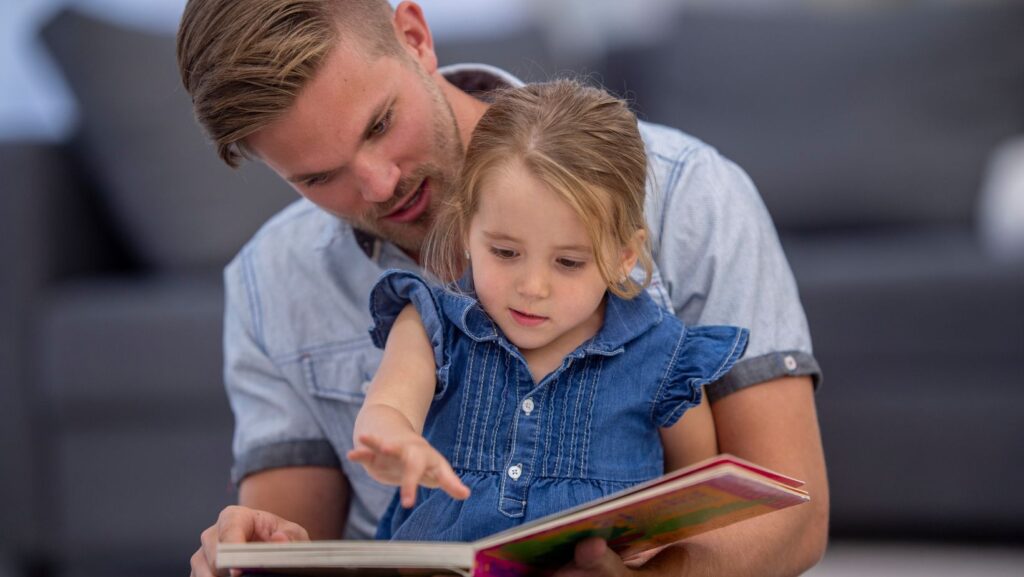Parenting a strong-willed child can be both rewarding and challenging. As a parent, navigating the unique temperament of a strong-willed child requires patience, understanding, and effective strategies. In this article, I’ll share insights and tips on how to embrace and guide your strong-willed child towards positive growth and development.
Understanding the characteristics of a strong-willed child is key to fostering a harmonious parent-child relationship. By recognizing their independence, determination, and resilience, you can tailor your parenting approach to nurture their strengths while setting appropriate boundaries. Join me as we explore practical techniques and communication strategies to support your strong-willed child in becoming confident and cooperative individuals.
Parenting The Strong Willed Child

Understanding the strong-willed child is vital in effectively navigating the parenting journey. Strong-willed children are characterized by their tenacity, assertiveness, and unwavering spirit. They exhibit a fierce independence, often challenging the status quo and asserting their opinions with determination. It’s essential to recognize that these traits stem from a place of curiosity, an innate desire for autonomy, and a strong sense of self.
As a parent, acknowledging and accepting the inherent nature of a strong-willed child is the first step towards building a harmonious relationship. By recognizing their need for independence and autonomy, I can create an environment that nurtures their strengths while gently guiding them towards positive behavior and decision-making. Patience, understanding, and consistent communication are key components in fostering a supportive and encouraging atmosphere for my strong-willed child.
Strategies for Parenting a Strong-Willed Child
Setting Clear Boundaries
Establishing clear boundaries is essential when parenting a strong-willed child. It’s crucial to define rules and expectations consistently. By setting clear boundaries, I create a structured environment that helps my child understand limits and consequences. This approach provides a sense of security for the child while teaching them about responsibility and accountability. When setting boundaries, I explain the reasons behind the rules to help my child comprehend the importance of following them.
Positive Reinforcement Techniques
Using positive reinforcement techniques is an effective way to encourage good behavior in strong-willed children. I praise and reward my child when they exhibit positive behaviors or follow the established boundaries. By focusing on the good behavior and offering praise, I reinforce the desired actions and encourage my child to continue them. Positive reinforcement helps build confidence and self-esteem in my child while strengthening our parent-child bond through mutual appreciation.

Teaching Emotional Regulation
Teaching emotional regulation skills is crucial for strong-willed children to manage their feelings and reactions. I help my child identify and express their emotions in a healthy manner. By teaching them coping strategies such as deep breathing or taking a break when feeling overwhelmed, I empower my child to regulate their emotional responses. Encouraging open communication about feelings allows my child to express themselves while learning to navigate challenging situations effectively. I model positive emotional regulation myself to set an example for my child to follow.
Building a Strong Parent-Child Relationship

To build a strong parent-child relationship with a strong-willed child, consistency in applying rules and boundaries is crucial. It’s important to provide clear expectations and consequences for their actions. By setting consistent guidelines, I help my child understand the importance of following rules while acknowledging their need for independence.
I offer praise and positive reinforcement when my child demonstrates good behavior. By recognizing their efforts and accomplishments, I reinforce positive actions and encourage them to continue making responsible choices. This positive reinforcement strategy helps strengthen our bond and builds trust between us.
Teaching emotional regulation skills plays a vital role in developing a strong parent-child relationship. I guide my child in recognizing and understanding their emotions, providing them with tools to manage and express their feelings appropriately. By empowering them to navigate their emotions effectively, I promote a healthier emotional connection and foster mutual understanding.
